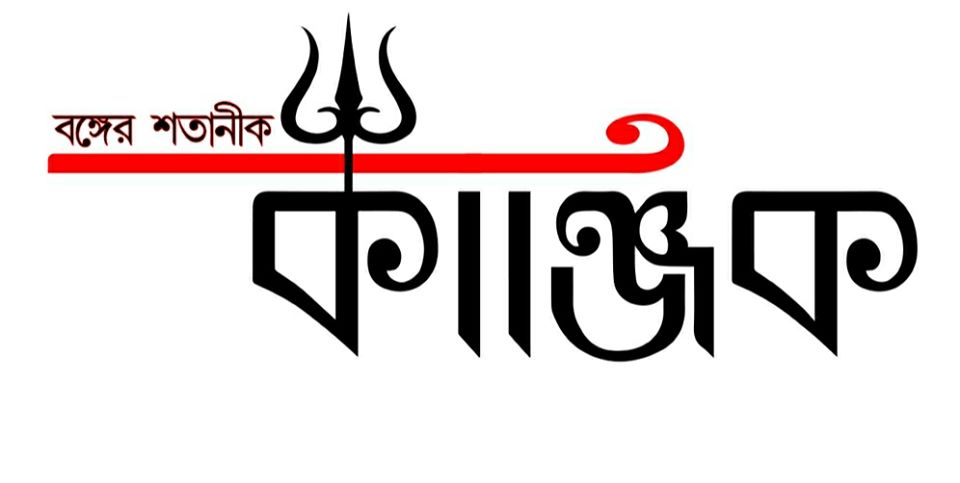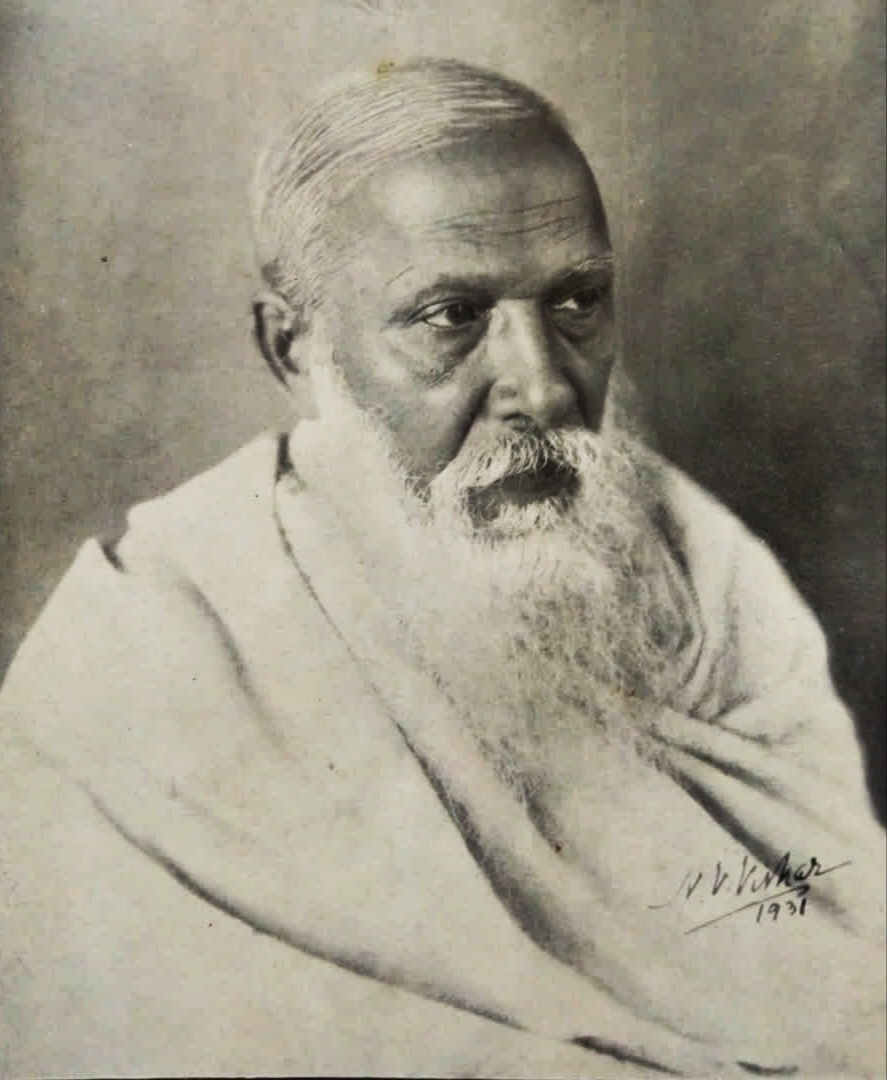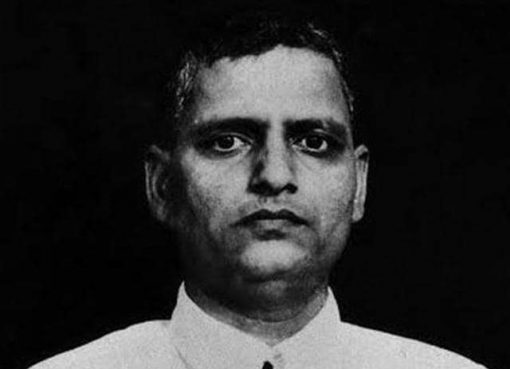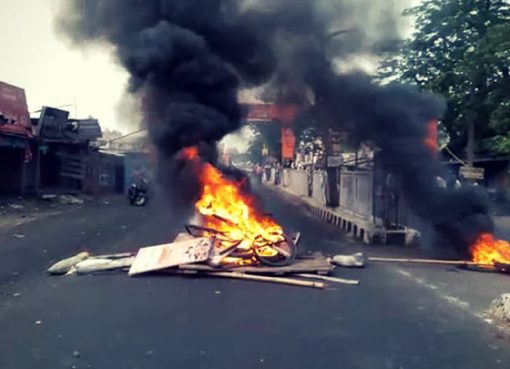All India Hindu Mahasabha Conference (SURAT, APRIL, 1929) –
In his presidential speech the learned Editor of the “Modern Review” at the very outset refutes the charge of being communalists generally brought against the leaders of Hindu Mahasabha. He says, “Even the greatest of statesman in those countries (of Europe) may belong to smaller groups and many have actually so belonged. No charge of communalism in a bad sense is brought against them. Similarly in Hindusthan, the charge of communalism cannot justly be brought against B. Anand Mohan Bose, President of the Sadharan Brahmo Samaj and also of the Indian National Congress, against Lala Lajpat Rai, President of the Hindu Mahasabha and also of the Indian National Congress or against Pt. Madan Mohan Malaviya, President of the Indian National Congress and also of the Hindu Mahasabha.” As for the Hindus of Hindusthan he clearly explains their goal of life. ‘What I mean,” says he, “is that it is peculiarly our duty and our right to keep whatever of permanent value has come down from our past and to extend the bounds of Indian thought and culture. For whatever friend or foe may say we are not a decadent people. We mean to live, we will live, we can live, and we will yet give to the world what God intended that we should.” In the course of his speech, he very lucidly sets forth the aims and objects of Hindu Mahasabha and brings home to his audience the truth that Hindu Mahasabha stands for pure and untarnished nationalism.
His words are worth quoting, “The Hindu Mahasabha does not seek to have for Hindus any political, economic or civic rights or privileges to which they are not entitled by their numbers, educational and other qualifications, character, ability, public spirit and tax-paying capacity and, in particular the Hindu Mahasabha does not want for Hindus any fixed share for anything which may indirectly leave an unequitable portion for others. It stands for open and fair competition, for an open door, for talent irrespective of considerations of race, creed or complexion. It is one of its objects to ‘promote good feelings between the Hindus and other communities in Hindusthan and to act in a friendly way with them with a view to evolve a united and self-governing Indian nation.”
“Perhaps what has more than anything else made the Hindu Mahasabha unpopular with the bulk of Indian Musalmans is its effort ‘to preserve and increase the numerical strength of the Hindus’ – which is one of its declared objects. Non-Hindu communities in Hindusthan, like the Muslims and Christians, particularly the former, have increased vastly at the expense of the Hindus and the aborigines of the Hindusthan. Therefore, anything done to arrest this process cannot be looked upon with favor by the followers of those non-Indian faiths. Still more unpleasant must the reversal of the process be to them. But I do not see how one can logically and justly object to the Hindus’ doing what the others have been doing for centuries – particularly as the Hindus have not gone in for the accession to the ranks of “rice Hindus”, of non-Hindu women abducted or confiscated and obligated to be converted, of men tempted to come over by the prospect of marriage, of persons induced to be converted by the prospect of economic advantage, and of persons forced to be converted by terrorism of any kind. The Hindu Mahasabha and Hindu missions connected with it, formally or informally want reconversion and conversion only by fair, open and legitimate means.”
“Like the work of conversion and re-conversion, there are some other items in the programme of the Hindu Sabha and missions which have brought upon them the charge of communalism and made them unpopular with Christians and Muslim propagandists. One such item is the amelioration and improvement of the so-called low castes of the Hindu community and of the aborigines of Hindusthan. Incredible as it may seem, even the efforts made by Hindus to get their widows married are, for obvious reasons, disliked and opposed by some Musalmans. Similarly and for obvious reasons, the efforts to get abductors punished and abducted Hindu women rescued and given a respectable position in Society are resented and misinterpreted in some Mohamedan organs in Bengal.” He very strongly pleads the cause of the so-called ‘achhuts’ and asks Hindu Mahasabha to take some action in the direction of providing educational facilities both general and vocational for them to an adequate extent.’ On one occasion he vehemently says that “the sooner the expression ‘Depressed Classes’ falls into disuse the better.” Another thing which he points out to be guarded against is the exaggeration of their number’. “It is generally thought and said by our critics that these people number six or more than seven crores. But it has been recently admitted officially that the number is somewhere near three crores. Possibly it is still less. I long for the day when we shall all be known only as Hindus, all in the enjoyment of equal dignity.”
Mr. Ramanand Chatterjee very painfully feels for the daily decrease in the number of Hindus in every province. This leads him to discuss briefly the causes of the decay of nations and peoples. According to him, this decrease is due to their losing hope and joy and rest in life on account of new conditions imposed on them from outside. He rightly points out that, “If any Hindu caste or Hindus in any area are decreasing, it should be investigated whether owing to any cause their play instinct has been suppressed, collective enjoyment of life diminished and hope decreased.” In the end the learned President explains the position of the Hindu Mahasabha as regard its relation with other sister communities. “I shall say only this in brief that, as in the past, so at present and also in the future the Hindus will not shrink from facing all dangers and making all the sacrifices necessary for freedom of all communities.”
(Sri Ramananda Chatterjee is regarded as the Father of Indian Journalism. Apart from retaining a sparkling career in journalism, he had been the colossal Editor of “Modern Review” and “Prabasi” (Bengali) magazine. Both the journals are illustrious across the globe for exhibition of profound erudition along with unprecedented patriotism)
(Source: Hindu Mahasabha Archives)







Comment here
You must be logged in to post a comment.